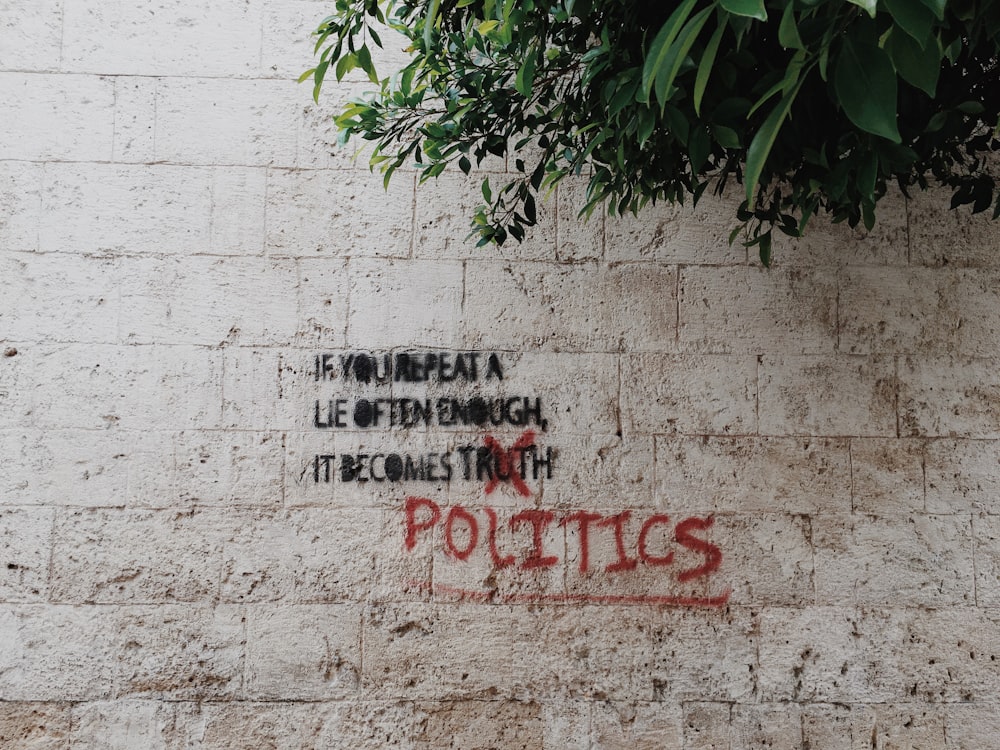
With the general elections in India just around the corner, first-time voters are excited and eager to show their concern regarding who the new leaders will be. However, with the electoral lists scheduled to release soon, the same age-old question is once again in the limelight. Should the voting age be lowered or increased from the current legal age of 18 years?
The #1 reason that many experts give is that the voting age must be lowered because voting is a human right. People should have a right to express their opinion in their political system, and young people are citizens, too.
Another major reason that is proved by studies is that if you are politically engaged when you’re younger, you are more likely to become an informed and a more responsible voter when you're older.
Some experts also suggest that there must be an increase in the voting age to above 18 years. They claim that 18 is still not the right age to start making decisions for the betterment of the country.
Nevertheless, by expanding the right to vote, we will increase informed participation in our governance system; not only now, but also in the future.
Some key benefits that will arise when the voting age is reduced below 18 years are:
1. It will promote political participation. By reducing the age of voter eligibility to below 18, for example- 16, will serve as a beginning for the induction of politics into the minds of the younger generation. This will help them in the future by increasing their participation, awareness, and cognizance of political issues affecting them. This will help them to make better choices in the future.
2. Younger people today are usually more informed as compared to their peers in older times. With the advent of social media, the teens are keen to get into the world of politics and because the internet offers them a variety of opinions, have much better decision-making capabilities too.
3. It contributes to society as well. By reducing the voting age, the younger generation can do their bit for society as well. It makes teenagers feel much more capable, accountable, and they don’t feel like outsiders while the country goes through such a crucial time.
4. It would open up opportunities for new opinions to the political debate. Most teens at this age have a unique experience to share with the rest of the world. Most of them go to school, some hold minor jobs, do social work, and many of them have family responsibilities on them as well. When we ask them important questions, we get to see where we stand as a country. What the future of the country thinks today. This can make way for a better form of governance too.
5. We can see that people below 18 years of age are just as knowledgeable about civics and ongoing politics and have the same ability to make good voting choices as older voters. Lowering the voting age to below 18 increases the voter turnout by many folds and develops a sense of responsibility among the youngsters too.

At younger ages too, people should have a voice in the laws that affect their lives and a stake in the future of their country.
However, not every individual supports this view. There is an equal amount of debate into increasing the voting age. Some of the factors claimed here are as follows:
1. Some experts believe that even the age of 18 years is too low to have a say in decision making.
2. It has also been seen that the voter turnout in the age group of 18 to 29 years is very small and has no active contribution to the election results. This also shows that people mainly participate in voting after they cross 30+.
3. There is also the notion that teenagers are easy to manipulate. They are still in their phase of education, not doing any full-time employment and their brains are not fully developed.
4. How can a person make judgments on real-life problems when everything has been provided for them, and when they have spent so little time in the "adult world"? Remember the right to vote is not like other rights, it gives one power over other people too.
5. Also, unlike some older generations, the vast majority of teens now follow the words of their peer groups without any idea of its truth, history or consequences. As they are continuously following social media, they can get easily misled by false information and propaganda.
6. It could also shift the patterns of voting in the country. Children at such ages are still influenced by their parent’s behaviours, standards, and perspectives. They have their beliefs and actions from the things that they see and hear.
7. It would encourage risky behaviour. Younger age kids tend to make more risky decisions and try out many choices. This risk and choice taking behaviour may lead to unwanted bias and discrepancy in the election process.
Thus, we can say that lowering or increasing the voting age has its own pros and cons and it must balance the rights of the individual with the needs of each nation. It is up to the government to decide whether there is a need to change the age of voting with the changing world, or if it is right the way it is.
- Sonal Bera
Want to get published on EMN and join the community? Here is an opportunity to join the Board of Young Leaders Program by Eat My News. Click here to know more: bit.ly/boardofyoungleaders








0 Comments